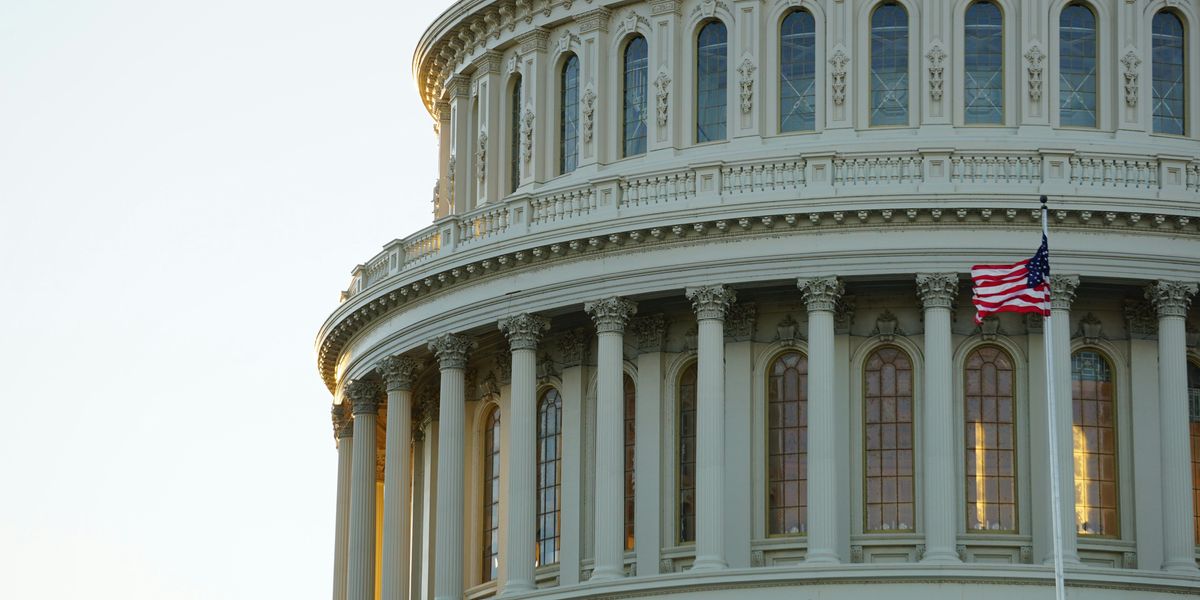
House Republicans push sweeping fossil fuel expansion in budget bill
Lawmakers are preparing to fast-track legislation that would expand mining and fossil fuel leasing while rolling back environmental reviews and clean energy incentives.
Garrett Downs reports for E&E News.
In short:
- The House Natural Resources Committee this week began marking up a Republican-led budget reconciliation bill aiming to expand oil, gas, and mineral extraction, lower royalties, and streamline permitting by introducing pay-for-speed review fees.
- The bill proposes quarterly onshore oil and gas leases, new offshore leases, and opens more areas in Alaska, while reversing Biden-era mining restrictions and reducing royalties to pre-Inflation Reduction Act rates.
- Environmental groups and Democrats criticize the legislation for prioritizing fossil fuel interests and cutting climate funds, while also charging that it undermines public oversight and accelerates pollution.
Key quote:
“Worst of all, it allows fossil fuel companies and other big polluters to buy their way out of meaningful review or public input into their projects. So, that would mean one set of rules for the fossil fuel and logging barons, and another for the rest of us.”
— Kyle Jones, director of federal affairs at Natural Resources Defense Council
Why this matters:
The proposed legislation marks a significant escalation in U.S. fossil fuel policy, potentially reshaping how public lands are used and how environmental reviews are conducted. By reducing royalties and introducing fast-track permitting fees, the bill could accelerate fossil fuel extraction at a time when scientific consensus urges a shift away from carbon-intensive energy sources to mitigate climate change.
Opening new leases in sensitive areas like the Arctic National Wildlife Refuge and Alaska’s Cook Inlet could impact biodiversity and Indigenous communities. Furthermore, the bill’s provisions to cut climate-related funds and rollback clean energy incentives threaten to undermine the Inflation Reduction Act’s climate goals, which had aimed to accelerate the nation’s transition to renewable energy and reduce greenhouse gas emissions. Public health experts warn that increased fossil fuel extraction can worsen air and water pollution, contributing to respiratory problems, cancer risks, and other health hazards, particularly for vulnerable populations near extraction sites. If passed, the bill could set back environmental protections and climate efforts for years to come.
Related: Trump moves to block state climate rules and lawsuits tied to fossil fuel emissions













